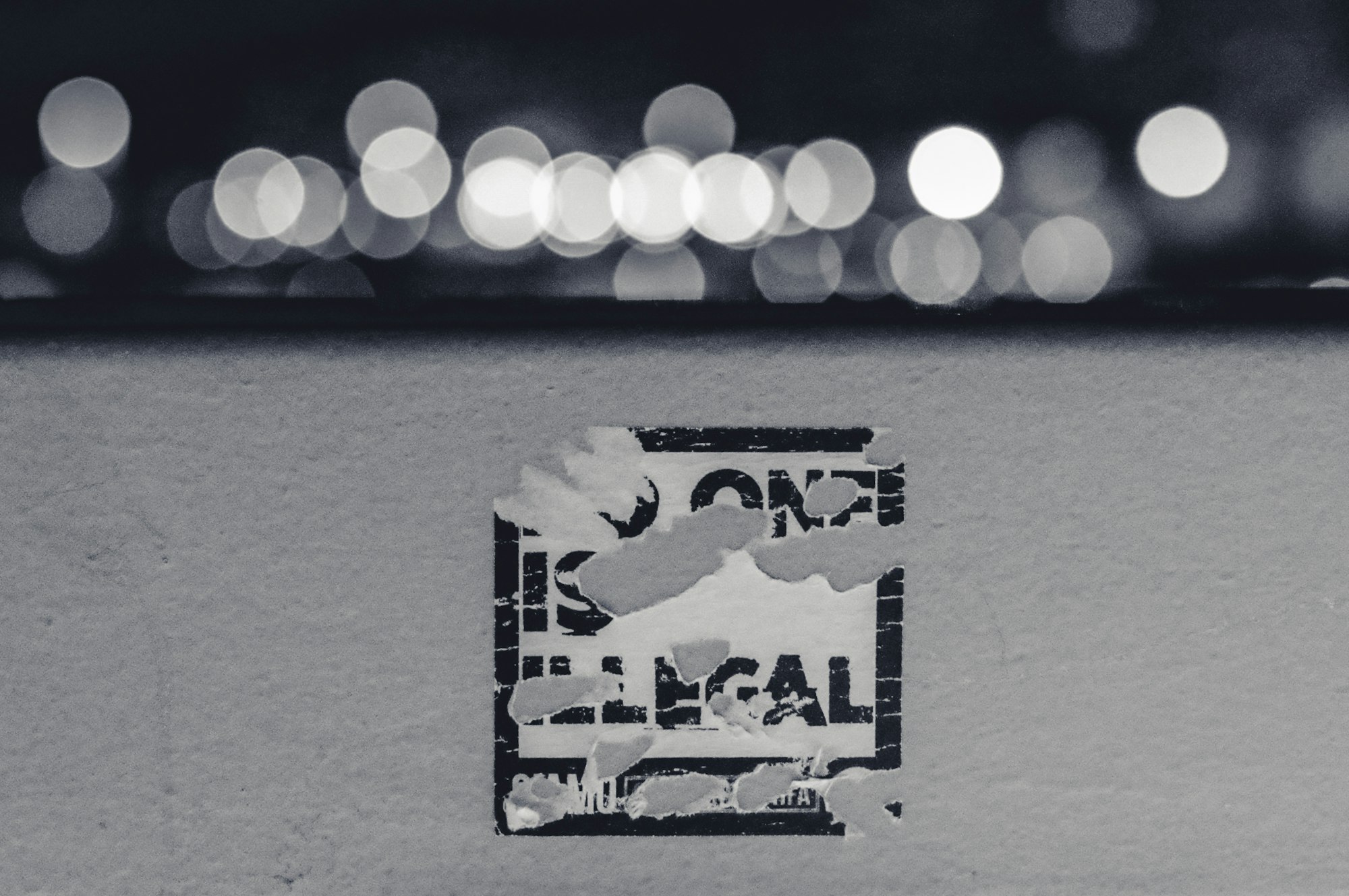Why VPNs Might Be Illegal?

Virtual Private Networks (VPNs) are an essential tool for anyone looking to protect their online privacy and security. However, there are some countries where VPNs might be illegal or heavily restricted. These restrictions can have a major impact on the ability of individuals and businesses to access the Internet, and they can limit the ability of people to communicate and share information freely.
Key Point
VPNs provide an important layer of online security and privacy for users by encrypting their online activity and protecting their data from cybercriminals and other malicious actors.
Some countries may restrict or ban the use of VPNs due to government censorship or other concerns, which can limit people's ability to access information and communicate freely online.
It's important to be aware of the laws and regulations regarding VPN usage in your country and to use a government-approved VPN if necessary to avoid legal trouble. Despite the restrictions in some countries, VPNs remain a valuable tool for protecting online privacy and security in an increasingly digital world.
Government Censorship and VPN Restrictions
One of the most common reasons why VPNs might be illegal is due to government censorship. Some countries have strict laws about what kind of content can be accessed online, and they use VPNs to circumvent those restrictions. In these cases, the government may see VPNs as a threat to their control over the flow of information, and they may ban them as a way to maintain their power.
China's VPN Restrictions
China is one of the most notorious countries for VPN restrictions. The Chinese government has banned the use of VPNs that have not been approved by the state, and those that do not comply with its strict censorship laws. This means that internet users in China are not able to access many popular websites and services that are available in other parts of the world unless they use a government-approved VPN. This restriction not only affects the ability of individuals and businesses to communicate and share information but also has a significant impact on the economy.
VPN Usage Restrictions
In some countries, the use of VPNs may be legal, but there are restrictions in place that limit their usage. For example, some countries require VPN providers to register with the government or comply with certain regulations. This can limit the availability of VPN services as many providers may choose not to operate in countries with strict regulations.
Despite the restrictions that some countries may impose on VPN usage, it's important to remember that they are a valuable tool for protecting your online privacy and security. VPNs encrypt your online activity and protect your data from cybercriminals and other malicious actors. If you live in a country where VPNs are restricted, it's important to be aware of the laws and regulations in place and to use a government-approved VPN if necessary to avoid legal trouble. Ultimately, the ability to access information and communicate freely is a fundamental right, and VPNs are an essential tool for protecting that right in an increasingly digital world.

